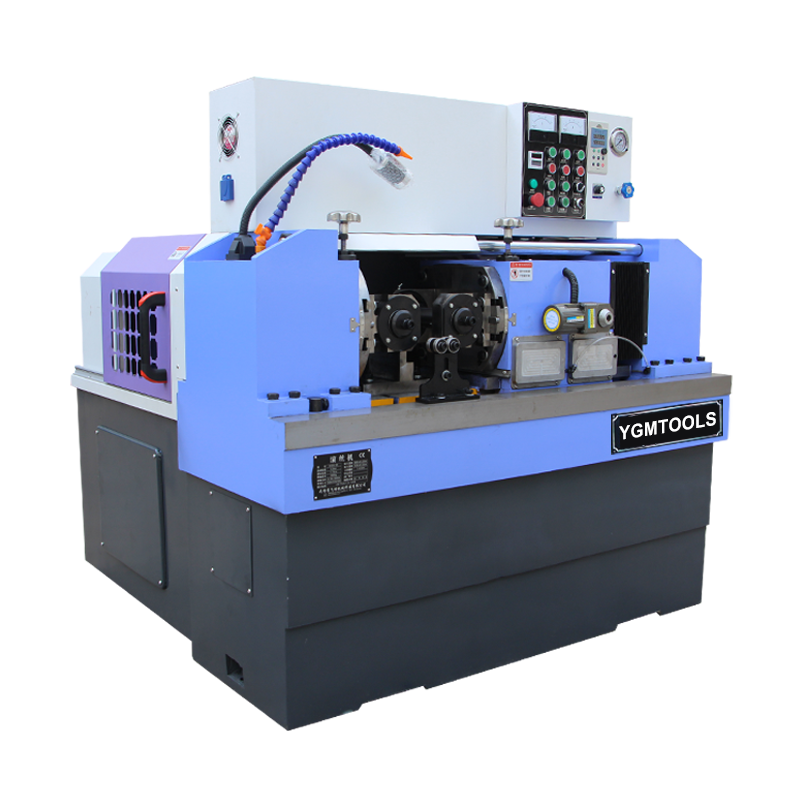
-
 Afrikaans
Afrikaans -
 Albanian
Albanian -
 Amharic
Amharic -
 Arabic
Arabic -
 Armenian
Armenian -
 Azerbaijani
Azerbaijani -
 Basque
Basque -
 Belarusian
Belarusian -
 Bengali
Bengali -
 Bosnian
Bosnian -
 Bulgarian
Bulgarian -
 Catalan
Catalan -
 Cebuano
Cebuano -
 Corsican
Corsican -
 Croatian
Croatian -
 Czech
Czech -
 Danish
Danish -
 Dutch
Dutch -
 English
English -
 Esperanto
Esperanto -
 Estonian
Estonian -
 Finnish
Finnish -
 French
French -
 Frisian
Frisian -
 Galician
Galician -
 Georgian
Georgian -
 German
German -
 Greek
Greek -
 Gujarati
Gujarati -
 Haitian Creole
Haitian Creole -
 hausa
hausa -
 hawaiian
hawaiian -
 Hebrew
Hebrew -
 Hindi
Hindi -
 Miao
Miao -
 Hungarian
Hungarian -
 Icelandic
Icelandic -
 igbo
igbo -
 Indonesian
Indonesian -
 irish
irish -
 Italian
Italian -
 Japanese
Japanese -
 Javanese
Javanese -
 Kannada
Kannada -
 kazakh
kazakh -
 Khmer
Khmer -
 Rwandese
Rwandese -
 Korean
Korean -
 Kurdish
Kurdish -
 Kyrgyz
Kyrgyz -
 Lao
Lao -
 Latin
Latin -
 Latvian
Latvian -
 Lithuanian
Lithuanian -
 Luxembourgish
Luxembourgish -
 Macedonian
Macedonian -
 Malgashi
Malgashi -
 Malay
Malay -
 Malayalam
Malayalam -
 Maltese
Maltese -
 Maori
Maori -
 Marathi
Marathi -
 Mongolian
Mongolian -
 Myanmar
Myanmar -
 Nepali
Nepali -
 Norwegian
Norwegian -
 Norwegian
Norwegian -
 Occitan
Occitan -
 Pashto
Pashto -
 Persian
Persian -
 Polish
Polish -
 Portuguese
Portuguese -
 Punjabi
Punjabi -
 Romanian
Romanian -
 Russian
Russian -
 Samoan
Samoan -
 Scottish Gaelic
Scottish Gaelic -
 Serbian
Serbian -
 Sesotho
Sesotho -
 Shona
Shona -
 Sindhi
Sindhi -
 Sinhala
Sinhala -
 Slovak
Slovak -
 Slovenian
Slovenian -
 Somali
Somali -
 Spanish
Spanish -
 Sundanese
Sundanese -
 Swahili
Swahili -
 Swedish
Swedish -
 Tagalog
Tagalog -
 Tajik
Tajik -
 Tamil
Tamil -
 Tatar
Tatar -
 Telugu
Telugu -
 Thai
Thai -
 Turkish
Turkish -
 Turkmen
Turkmen -
 Ukrainian
Ukrainian -
 Urdu
Urdu -
 Uighur
Uighur -
 Uzbek
Uzbek -
 Vietnamese
Vietnamese -
 Welsh
Welsh -
 Bantu
Bantu -
 Yiddish
Yiddish -
 Yoruba
Yoruba -
 Zulu
Zulu
Exploring Various Methods and Products in Thread Rolling Technology
Types of Thread Rolling Products
Thread rolling is a cold-forming process used to create threads on various types of cylindrical materials. It is widely recognized for its efficiency and ability to produce high-quality threads without the need for cutting tools, thus conserving material and reducing waste. The thread rolling process can be applied to a variety of products, each suited for different applications across industries. This article explores the principal types of thread rolling products, their applications, and benefits.
1. Bolts and Screws
Bolts and screws are among the most common products made using the thread rolling process. These fasteners typically have external threads and are used to secure two or more components together. The manufacturing process enhances their strength and durability by promoting a dense grain structure. Thread-rolled bolts and screws are widely used in automotive, construction, and machinery industries due to their reliability and strength under loads.
2. Nuts
Nuts are internally threaded fasteners that pair with bolts and screws to create fastening assemblies. The thread rolling process not only creates precise threads but also improves the overall mechanical properties of the nuts. The benefits of using rolled nuts include increased torque capacity and resistance to stripping, making them essential in applications where reliability is paramount, such as aerospace and heavy machinery.
3. Studs
Studs are elongated fasteners that have external threads on both ends, often utilized in place of bolts or in situations where space is limited. Thread rolling is crucial in producing studs that require high tensile strength while maintaining dimensional accuracy. These products are frequently used in automotive engines and construction applications, providing robust solutions for joining components.
4. Spacers and Washers
Spacers and washers, while not fasteners in the traditional sense, often require thread rolling for certain applications. Thread-rolled spacers fit between components to maintain a physical gap, while washers distribute load and prevent loosening of fasteners. The precision achieved through thread rolling ensures a snug fit, improving the performance and longevity of assemblies in various machinery and electronic devices.
types of thread rolling product

5. Shafts and Axles
In applications requiring rotational movement, shafts and axles often have threaded sections to accommodate couplings or additional components. Thread rolling helps to create strong, uniform threads that can withstand the stresses encountered in mechanical systems. This technique is particularly valuable in automotive and industrial equipment, where durability and performance are essential.
6. Custom Fasteners
Beyond standard products, thread rolling can be tailored to produce custom fasteners designed for specific applications. Manufacturers can specify dimensions, thread types, and material properties to meet unique design requirements. This versatility is advantageous for sectors such as aerospace and defense, where components must adhere to stringent specifications and performance standards.
Benefits of Thread Rolling
The thread rolling process offers numerous advantages over traditional machining methods. Its cold-forming nature means that less energy is expended, and no heat treatments are required afterwards, saving both time and resources. Additionally, the elimination of cutting tools not only reduces production costs but also improves the quality of the finished product by minimizing the potential for defects commonly associated with machining.
Moreover, thread rolling enhances the mechanical properties of fasteners. As the material is displaced rather than cut away, the grain structure of the metal is preserved and often improved, leading to greater strength and durability. As a result, thread-rolled products exhibit excellent fatigue resistance, making them highly reliable in demanding applications.
Conclusion
In conclusion, thread rolling is an essential manufacturing process that delivers a range of high-quality threaded products for numerous applications. From bolts and screws to custom fasteners, the benefits of thread rolling—such as enhanced strength, efficient use of materials, and lower production costs—make it a preferred choice in many industries. Understanding the various types of thread rolling products and their applications is crucial for engineers and manufacturers aiming to create reliable, high-performance assemblies. As industries continue to evolve, the demand for precision-engineered thread rolling products will undoubtedly keep growing, solidifying the importance of this manufacturing technique.
